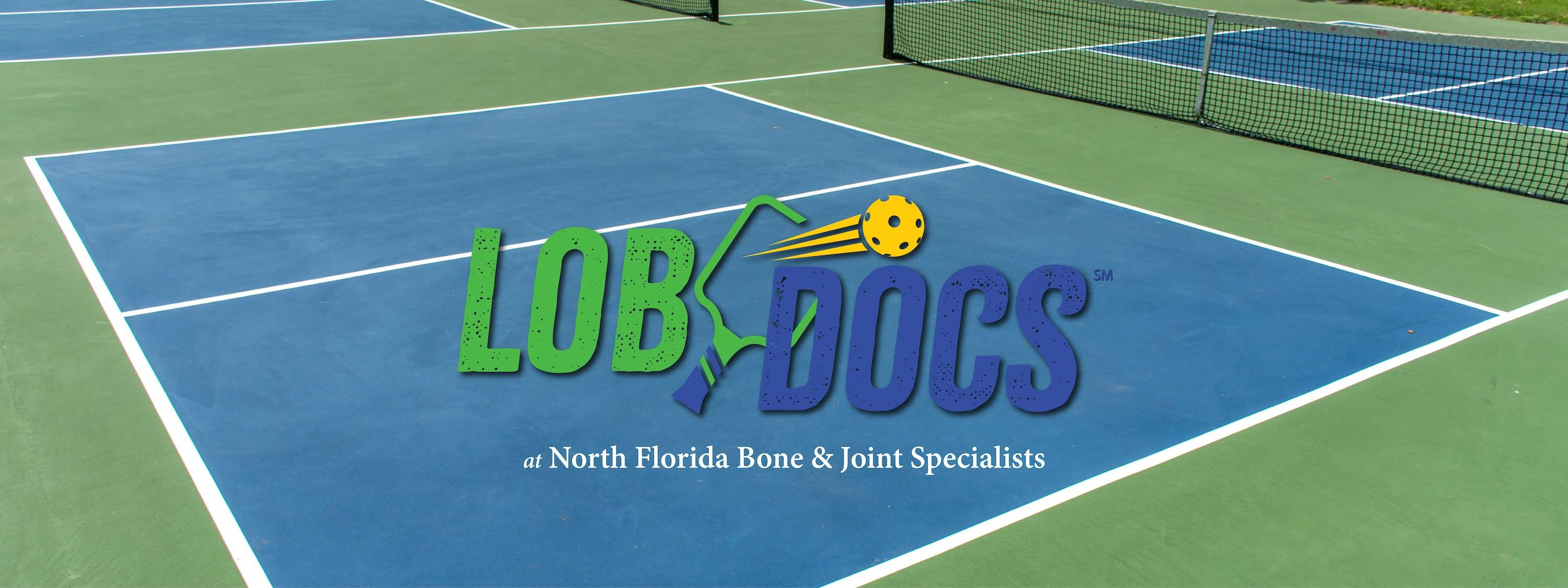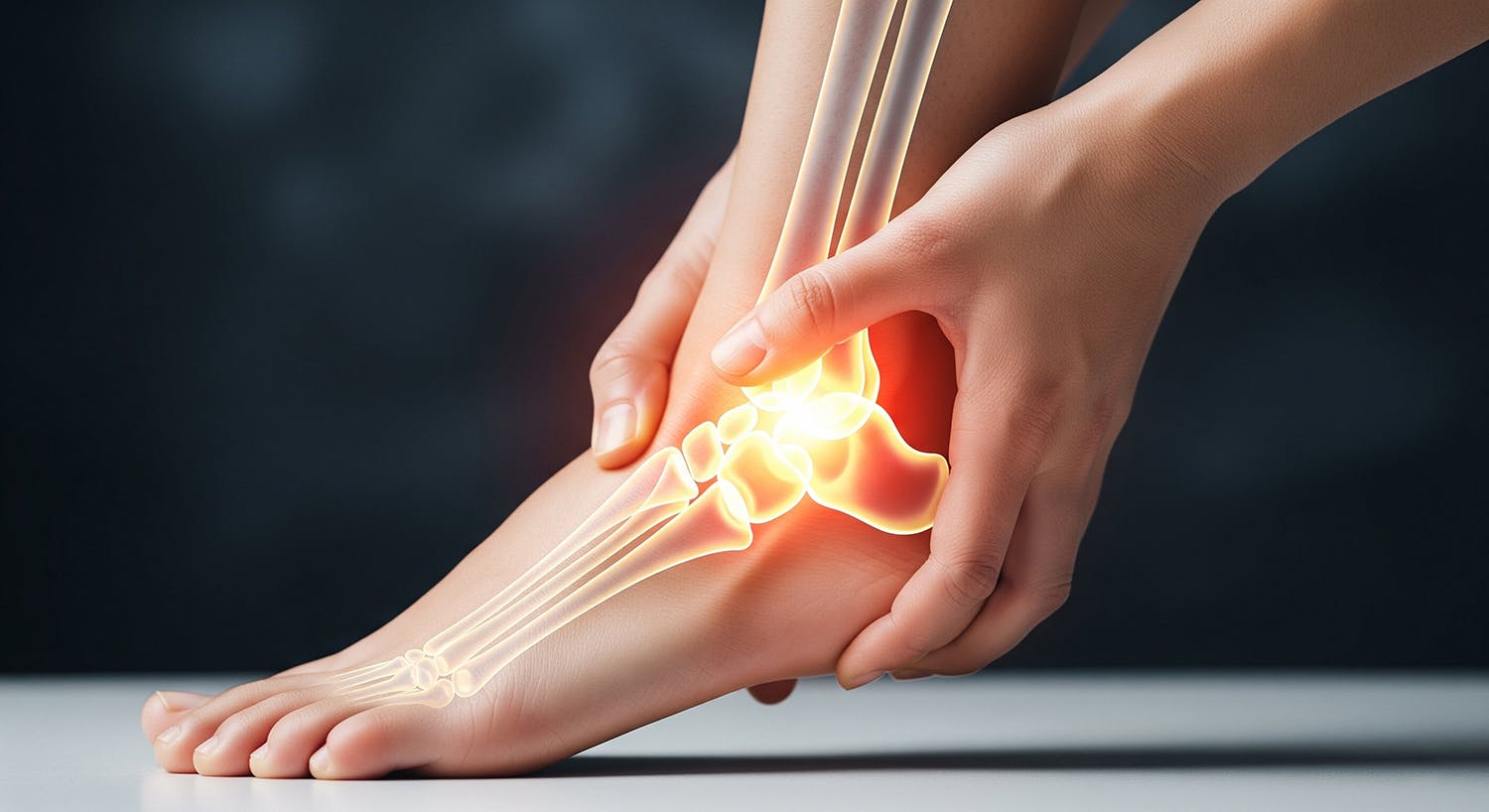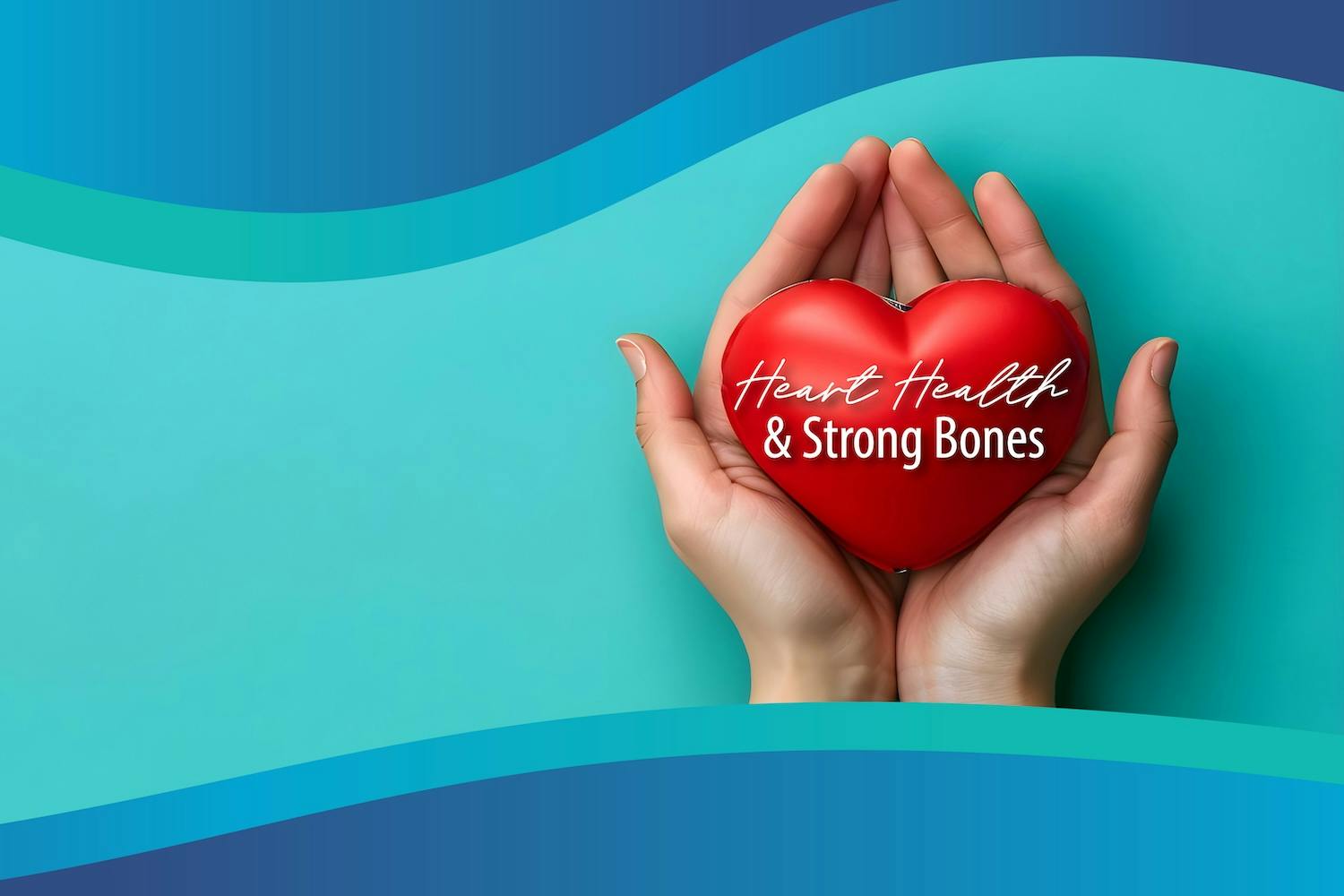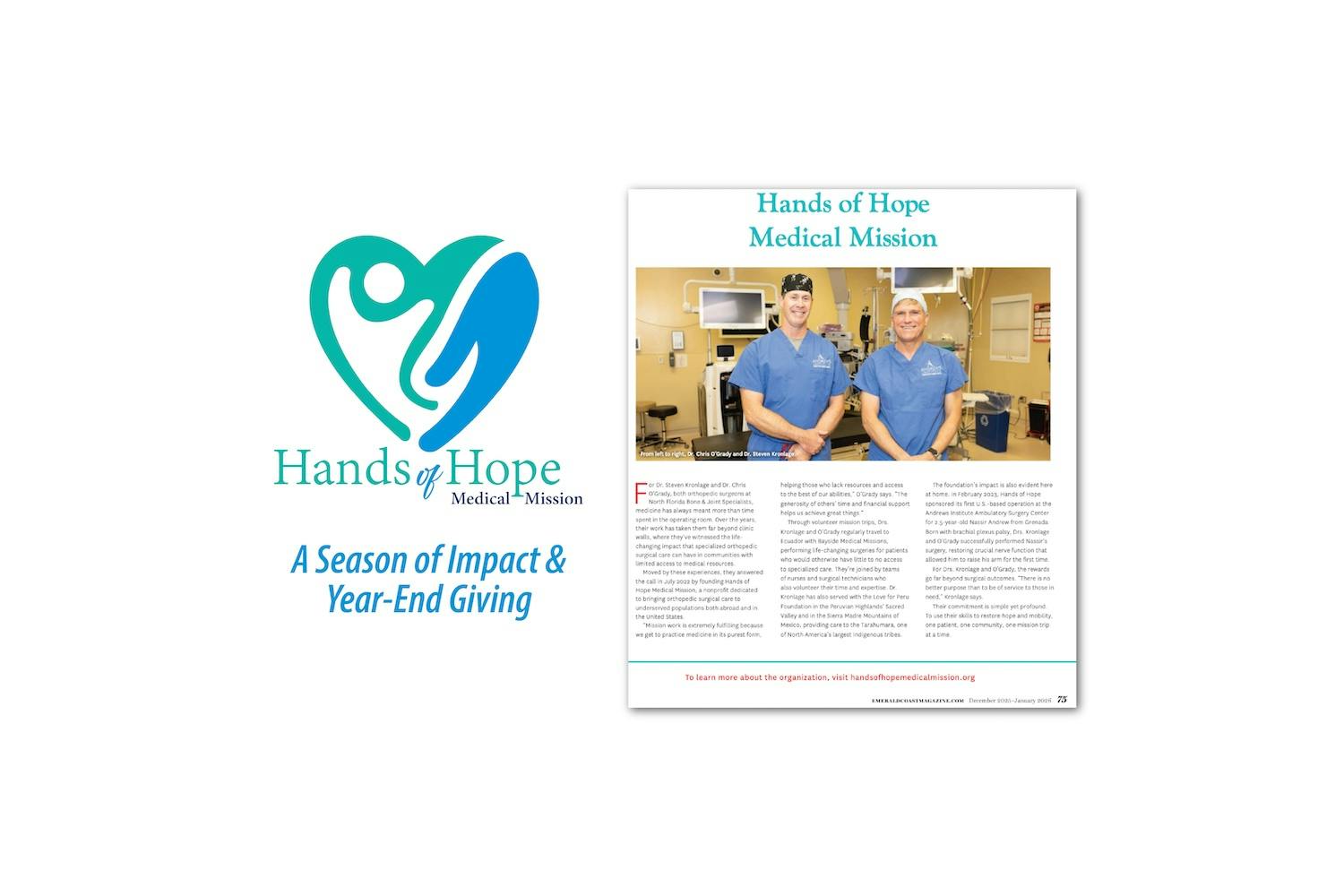- Blog
Game On: Pickleball Playing Safety
Posted on 03-03-2026 in Pickleball & Lob Docs by Dr. Ryan Riggs

Posted on 03-03-2026 in Pickleball & Lob Docs by Dr. Ryan Riggs
Pickleball is more than just a fun, fast-paced game—it’s one of the fastest-growing sports in the country. With its easy learning curve and appeal to players of all ages, it’s no wonder that pickleball courts are popping up in neighborhoods and recreation centers everywhere, including right here along the Gulf Coast.
However, as with any physical activity, playing pickleball should be done safely to minimize your risk of developing an orthopaedic injury or condition that can impact your health in the long term. Whether you’re a seasoned player or just picking up a paddle for the first time, here are some simple tips from our North Florida Bone & Joint Specialists Lob Docs to help you stay safe and healthy on the court:
1. Warm Up Before Every Game
It might be tempting to jump straight into the action, but skipping a proper warm-up can put you at risk for muscle strains, sprains and even more serious injuries. Take 5–10 minutes to do light cardio, such as jogging or brisk walking, to get your blood flowing. Follow it up with dynamic stretches that focus on your shoulders, wrists, hips and legs—key areas that pickleball puts to the test.
2. Use the Right Gear
Wearing the proper footwear is essential for pickleball. Choose court shoes with good lateral support to prevent ankle injuries. Running shoes are not ideal for the quick side-to-side movements required in the game. Choosing the right paddle is also essential. A paddle that’s too heavy or light for your comfort level can lead to wrist, elbow or shoulder pain. Make sure your paddle is the right weight and grip size for you. Additionally, consider wearing braces or supports for extra protection if you’re prone to wrist or elbow discomfort.
3. Practice Proper Technique
Good form doesn’t just improve your game—it also reduces your risk of overuse injuries like tennis elbow, a common ailment among pickleball players. Make sure you’re using your entire body when hitting the ball, not just your wrist or elbow, and avoid overextending your joints when reaching for a shot. If you’re new to pickleball, consider taking a lesson to learn the basics of safe play.
4. Listen to Your Body
Pickleball is addictive, but overdoing it can lead to fatigue and injuries. If you’re feeling sore or experiencing pain, take a break. Rest and recovery are just as important as practice to improve your performance and stay injury-free.
5. Don’t Forget About Conditioning
Staying fit off the court can make a big difference on it. Strengthening your core, legs, and upper body can improve your stability and power during play, while flexibility and balance exercises can help prevent falls and other injuries.
North Florida Bone & Joint Specialists Lob Docs Can Help
Even with the best precautions, injuries can still happen. That’s where North Florida Bone & Joint Specialists fellowship-trained Sports Medicine Physician Dr. Ryan Riggs comes in. As a member of our Lob Docs team, Dr. Riggs is here to help you get back in the game after an injury—or even better, avoid one in the first place!
Whether you’re dealing with a sore shoulder, a twisted ankle or chronic joint pain, we offer personalized treatment plans to get you moving again. Our team has you covered, from advanced diagnostic tools to physical therapy and minimally invasive procedures. Visit our Lob Docs page for additional information, or schedule an appointment with Dr. Riggs. See you on the court!

If you’ve ever sprained your ankle and thought, “this isn’t a big deal…it’s a minor injury,” you’re not alone. Ankle sprains are among the most common musculoskeletal injuries, especially in active adults and athletes. However, for some patients, what begins as a simple sprain becomes a frustrating cycle in which the ankle feels weak, unstable, and prone to “rolling” again and again. Understanding why this happens is the first step toward breaking the cycle and restoring long-term stability.

February is American Heart Month, a time to raise awareness about cardiovascular health and its far-reaching effects. While most people recognize the importance of heart health for longevity and disease prevention, fewer realize its critical role in musculoskeletal well-being. At North Florida Bone & Joint Specialists, we emphasize a comprehensive approach to orthopaedic care, recognizing that a strong heart supports strong bones and joints.

North Florida Bone & Joint Specialists is honored to share the Hands of Hope Medical Mission feature in the newly released December 2025/January 2026 issue of Emerald Coast Magazine. As part of the Medical Profiles section of this edition, the article highlights how two of our own, Dr. Steven Kronlage and Dr. Chris O'Grady, volunteer their time and talents to bring compassionate orthopaedic care to communities with limited access to medical services.